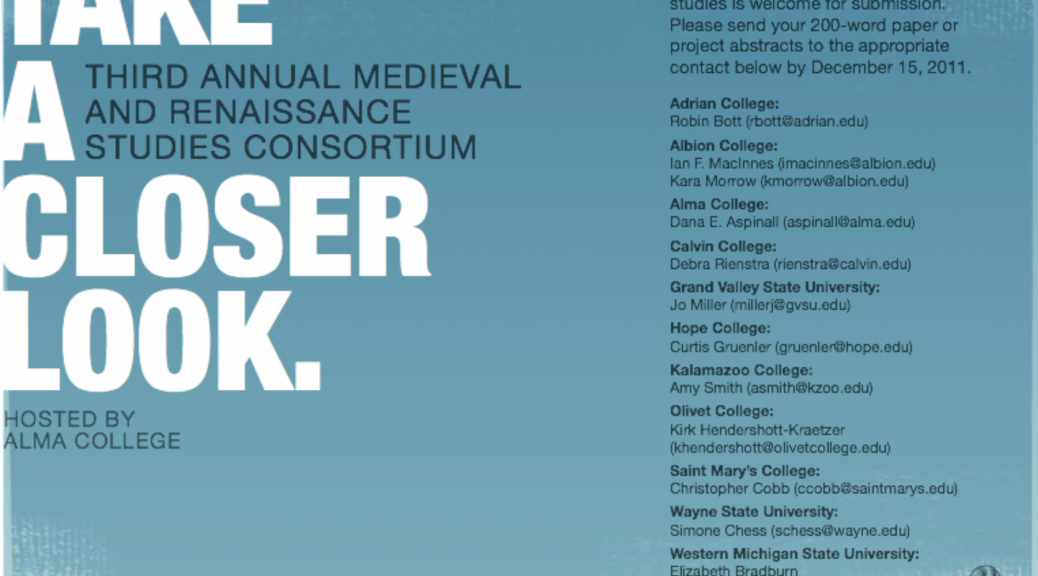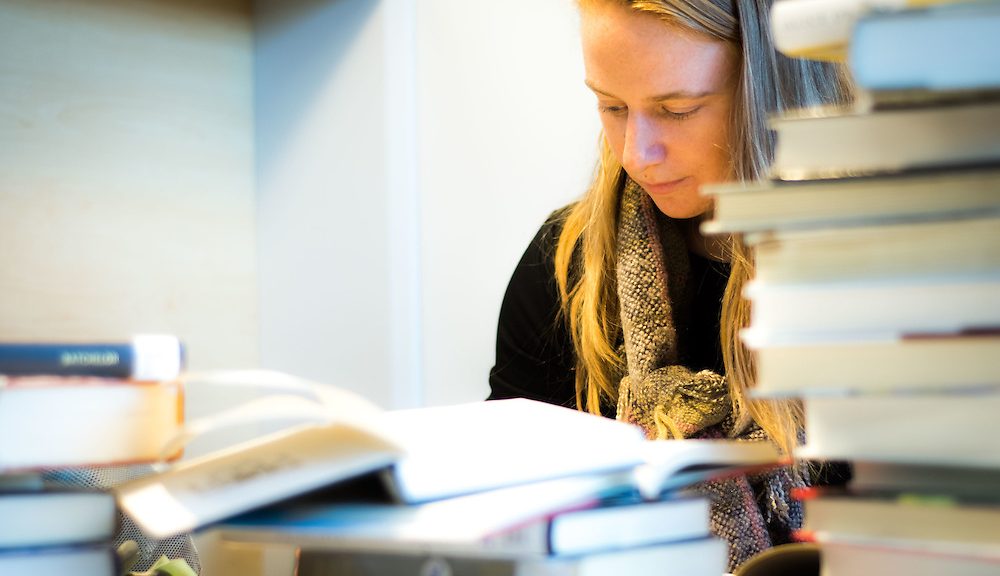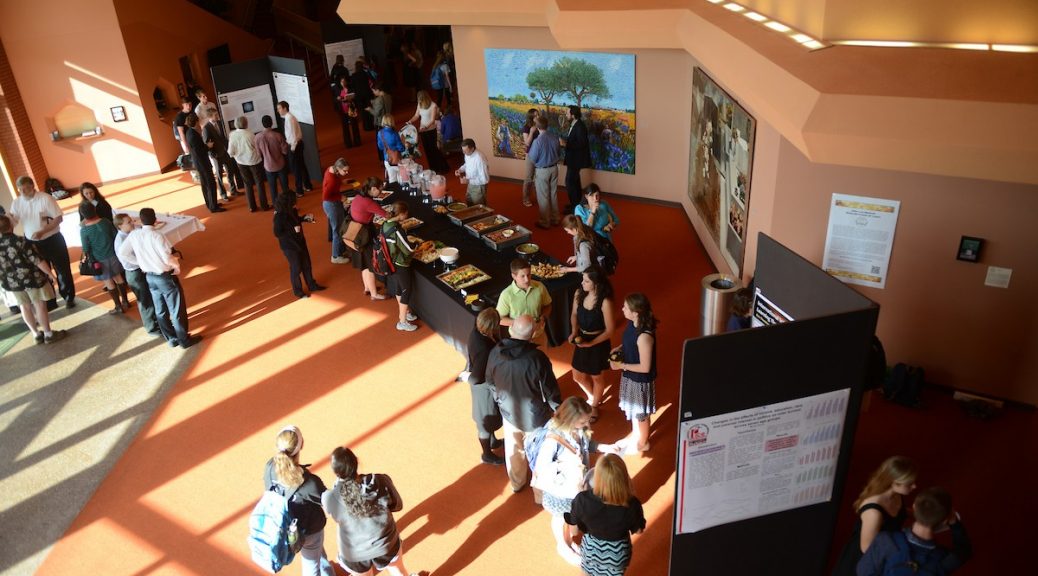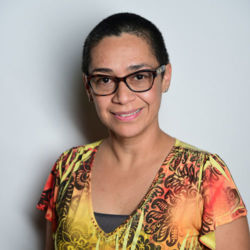Many national conferences in humanities fields deliberately limit participation to advanced graduate students and faculty. As a result, finding venues for undergraduate presentation is challenging. One solution to this problem is starting a local undergraduate research conference on your own. That’s how I came to create the Michigan Medieval & Renaissance Undergraduate Consortium.

Near the beginning of my career, I took a position as Assistant Professor at a small liberal arts college in central Massachusetts. That fall, noted Clark University professor Virginia Mason Vaughan notified me of a Medieval and Renaissance consortium she had organized among several of the colleges and universities in our area, and invited me to participate. I did so, and brought with me 2 or 3 students.
While I do not remember how my students performed or the topics they discussed, I do remember thinking to myself what a wonderful opportunity Professor Vaughan had provided through this consortium: students read and then discussed their papers in a professional fashion, and answered questions from both fellow students and faculty sponsors. Perhaps more importantly, these students heard what their peers from other schools were studying and discussing, and I could see that their interactions reignited the fires that originally had led them to writing their papers in the first place. For the next ten years, I encouraged my students to participate in this consortium. And I urged strong presenters to consider advanced study in medieval and/or early modern literature.
When I moved to Alma College in the fall of 2007, I brought with me the joy of participating in this consortium. I immediately asked my colleagues at Michigan’s other liberal arts colleges if they wanted to establish a consortium among us. To my delight, the response was immediate and positive. Our first consortium, held in 2009, included six colleges and nearly 20 student participants.
My goals with the consortium have remained largely the same throughout the ten years we have held it:
- to provide students interested in medieval or early modern fields of study (including literature, history, art, language, and religion) a forum wherein they can speak on what they have discovered and upon what they want to conjecture
- to provide these students an interested and responsive audience
- to provide those seeking graduate study an environment much like that of a professional conference
- to provide faculty a place to gather and discuss what students have done and seem most interested in pursuing
One other goal, less easy to articulate as succinctly as those above, also deserves mention: I always have believed that the simple act of discussion, in a challenging but nurturing and safe environment, brings out the best in both students and faculty. Our students are seeing things and making connections between them for the first time, while faculty can guide them even further and simultaneously share the excitement students feel in their discoveries and conjectures. I am happy to have been a part of this environment, and hope it continues long into the future.
The consortium has experienced occasional years of fluctuating participation, but overall these goals seem to have been met. None of this success would have been achieved, of course, without the efforts and energies of my colleagues at Michigan’s liberal arts colleges. I thank them all.
![]() This work is licensed under a Creative Commons Attribution-NonCommercial-ShareAlike 4.0 International License
This work is licensed under a Creative Commons Attribution-NonCommercial-ShareAlike 4.0 International License






